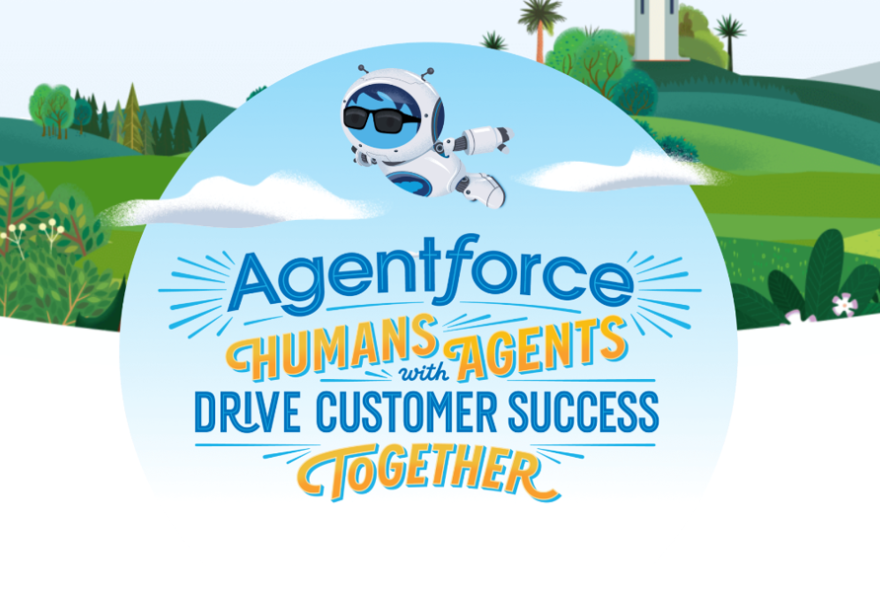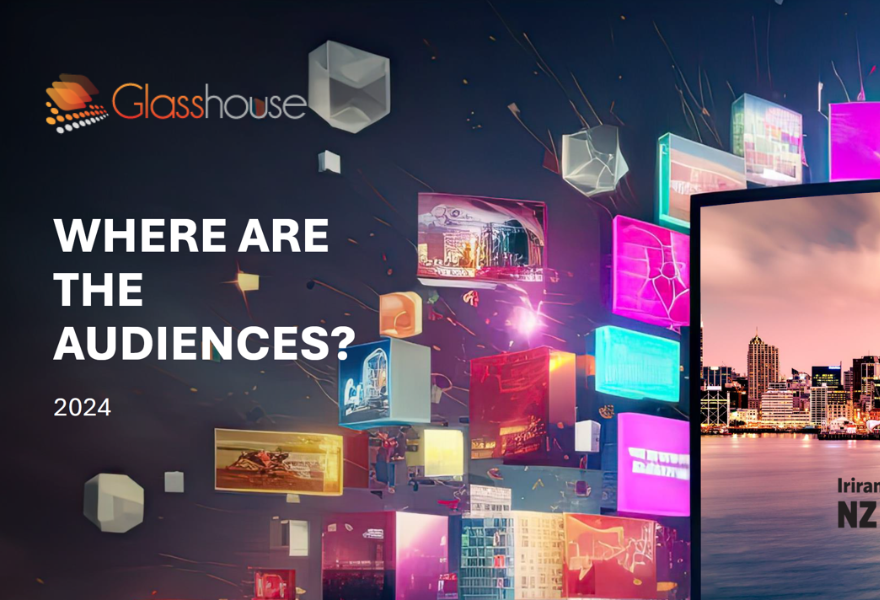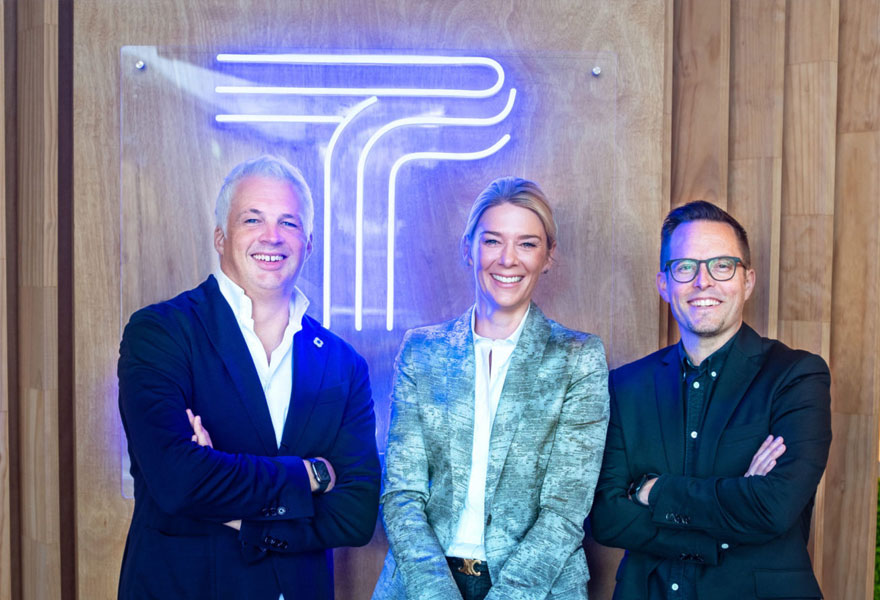Home › Resources › Insights ›
The Rise of AI-Based Companion Apps: A New Era in Digital Relationships?


AI has made significant strides in creating more personalized, empathetic, and emotionally engaging digital experiences. This is now transforming one of the most fundamental aspects of human existence—social relationships. AI-based friendship and companion apps, such as Nomi, Kindroid, Replika, Character.ai, and Candy.ai, simulate human companionship, offering users the opportunity to interact with AI personalities for emotional support, entertainment, or even virtual friendship. As these platforms rise in prominence, changes to the technological landscape, particularly with Apple’s iOS 18 release, could herald a shift from traditional social media toward AI-driven interactions; does this mark the closing of the social media era and the growth of the AI companion era?
AI Companion Apps: What Are They?
AI companion apps have been quietly transforming and growing in popularity worldwide. What began as simple chatbots have evolved into sophisticated AI entities capable of learning from user interactions, understanding emotions, and engaging in increasingly human-like conversations. Nomi, for instance, allows users to create their own virtual "friends", while Replika takes it a step further by offering users a “companion” that claims to grow emotionally over time based on the interactions. These apps provide users with a sense of personalized companionship, helping to fill emotional gaps or simply provide entertainment through an AI-driven personality.
Platforms like Character.ai and Candy.ai push the envelope even further, offering customizable AI characters that can cater to specific needs or interests. Character.ai, for example, allows users to design characters with different personalities, enabling more diverse and targeted interactions. Candy.ai focuses on creating "emotionally intelligent" AIs that users can build relationships with over time, blurring the line between friendship and therapy.
NLP enables these apps to understand and generate human-like dialogue, making interactions feel increasingly authentic. Machine learning algorithms then allow these virtual companions to learn from each conversation, evolving in a way that mimics human relationships—an essential feature for keeping users engaged over the long term.
Why AI Companions are Gaining Popularity
If all this sounds strange to you, it’s worth knowing that Replika has over 10 million users. So, what’s going on?
First, the rise of loneliness and social isolation, especially in urban environments, is encouraging a need for alternative forms of companionship. Many users turn to AI friends because they provide a form of consistent, judgment-free interaction. For people who struggle with social anxiety or have difficulty forming real-world connections, AI companions offer a safe space to explore conversations, build confidence, and experience emotional support.
Research suggests that user bases for apps such as Replika skew male, single and 35+, an often emotionally isolated audience. Their importance in addressing social isolation and supporting mental health seem clear and largely positive. In fact, there are already indications that chatbots have saved lives for a small subset of Replika users (Maples et al., 2024).
Secondly, these platforms offer users control over their relationships. Unlike real-world friendships, AI companions are always available, require no emotional maintenance, and are completely customizable. This level of control allows users to craft interactions that meet their specific emotional or psychological needs, something that traditional social networks or human relationships cannot always provide.
AI companions are also evolving to be more than just passive listeners. Many apps now integrate wellness features, using AI to track a user’s mood, offer advice, and even guide them through therapeutic conversations. This therapeutic element is particularly attractive as people become more comfortable with digital mental health tools. It’s no wonder that platforms like Replika have gained a large and loyal user base, with many users describing their AI companions as deeply meaningful elements of their lives.
The End of Traditional Social Media?
With the introduction of Apple’s iOS 18, which places new restrictions on how apps access user data—especially contact lists and social graphs—is the era of traditional social media coming to an end? Apple’s new operating system is cracking down on apps that require users’ permission to access contacts, an essential feature for most social platforms. By limiting the ways apps can connect users with each other, Apple is indirectly challenging the social media business model, which is largely based on harvesting and leveraging user data to facilitate connections and monetize interactions.
This shift could have profound implications for the social media ecosystem. For over a decade, platforms like Facebook, Instagram, and Snapchat have thrived by encouraging users to connect with people they already know or meet through mutual connections. However, with more restrictive privacy measures in place, these platforms may find it increasingly difficult to foster the same level of engagement, as will new social apps.
As "traditional" social media platforms grapple with these changes, AI companion apps stand to benefit. Unlike social media, which requires vast amounts of personal data to function optimally, AI-based friendship apps don’t depend on user networks or contacts. Instead, they focus on building personalized, one-on-one relationships between the user and the AI. This shift in interaction is more aligned with emerging privacy norms, offering a glimpse of the future where digital companionship is less about connecting with a crowd and more about cultivating a personal, meaningful connection with a virtual entity.
The Growth of the AI Companion Era?
The convergence of advancing AI technologies and increasing privacy concerns in traditional social media signals a potential broader societal shift towards individualized digital experiences. AI companions, hitherto unburdened by the challenges of user privacy and data regulation that traditional social media platforms face (although this may well be coming), can potentially thrive in this new landscape. Regulation will be coming, as it should given the potential for these apps to influence people emotionally, especially vulnerable people.
As AI becomes even more advanced, we may see these platforms integrating more deeply into users’ lives. Voice assistants like Siri and Alexa have already demonstrated the growing role of AI in daily routines, and it’s not hard to imagine future iterations of AI companions playing a similar role—offering companionship, advice, and even help with decision-making.
In this context, Apple’s iOS 18 could mark a significant turning point. By disrupting the data-driven models that traditional social networks rely on, Apple may inadvertently accelerate the growth of AI-based companionship as a more private, personalized, and emotionally fulfilling alternative to the noise and data-harvesting culture of social media.
That said, while companion apps offer so many benefits, can they replicate the value of authentic engagement that traditional social media offers? Or will we all move to a model in which we turn to traditional social media for light entertaining interaction, messaging for connection and companion apps for deeper, richer emotional support if we need it. The answer isn't yet clear but the rise of companion apps certainly suggests that the way forward won't look like the last era of social media app growth.







